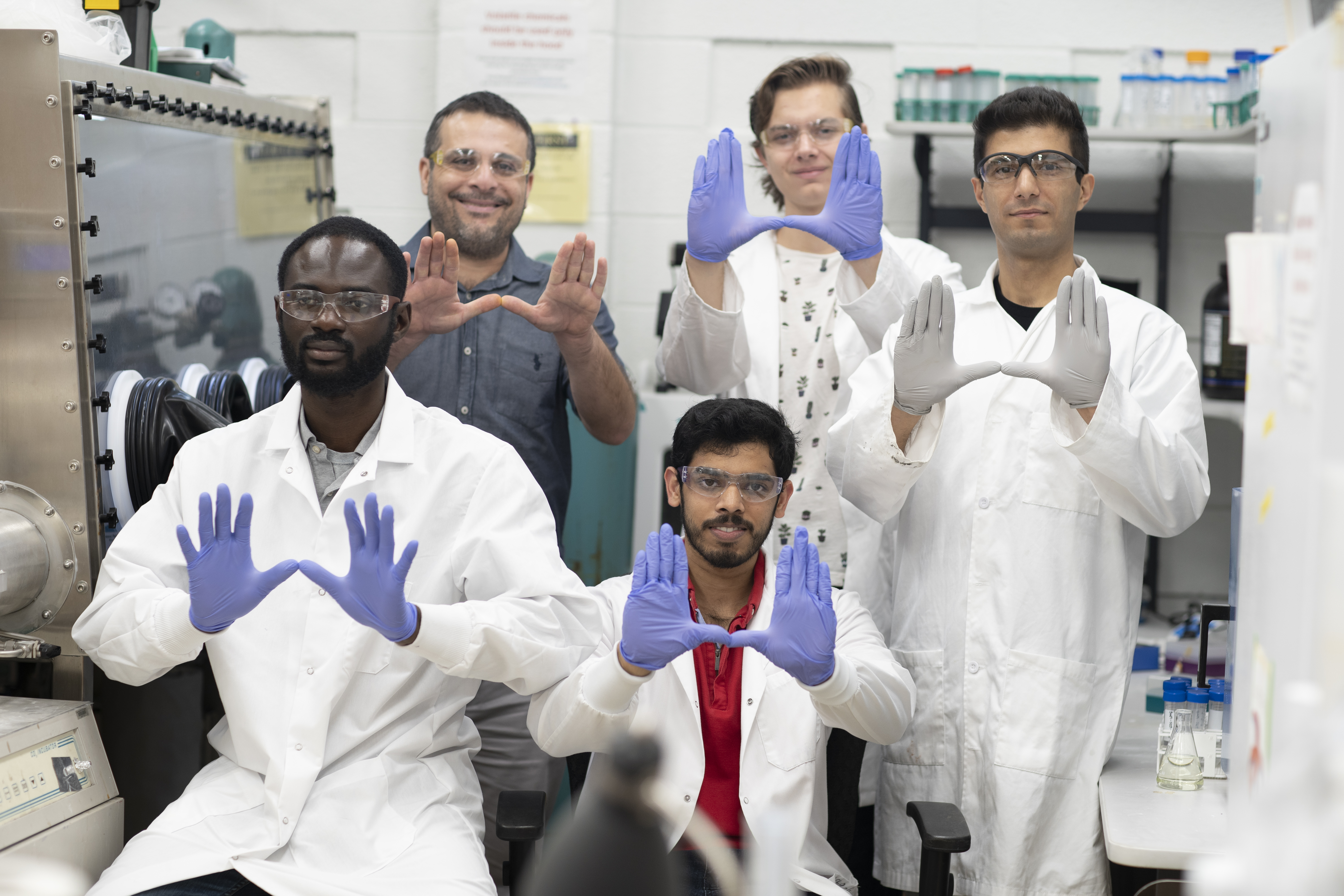In a significant stride towards combating corrosion, researchers led by civil and architectural engineering assistant professor Ali Ghahremaninezhad are pioneering a bio-inspired strategy. Their work, funded by a new grant from the United States Department of Transportation, focuses on harnessing genetically engineered biomolecules derived from biomass to tackle corrosion issues.
Metal corrosion stands as a primary problem behind the deterioration of both civil and defense infrastructure, causing substantial economic losses. Estimates suggest that unmitigated corrosion costs $276 billion annually, chipping away at approximately 3.1 percent of the United States' Gross Domestic Product (GDP). Ghahremaninezhad's team seeks to change the approach to corrosion prevention by exploring genetically modified biomolecules.
The key innovation lies in combining different biological elements to identify biomolecules that interact with specific metal surfaces under certain environmental conditions. This approach not only seeks to stop corrosion but also offers the ability to tailor and program these biomolecules for a variety of environments.

Beyond the immediate impact on infrastructure protection, the team recognizes the broader environmental implications. The production and use of biobased products, a central focus of Ghahremaninezhad's research, are known to result in lower greenhouse gas emissions compared to traditional petroleum-based counterparts. This dual-pronged approach not only addresses the immediate corrosion crisis but also aligns with broader goals of mitigating climate change and fostering a sustainable bioeconomy.






